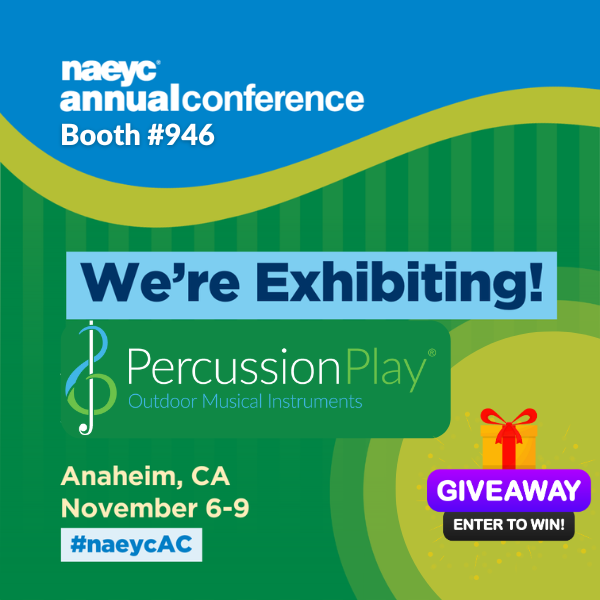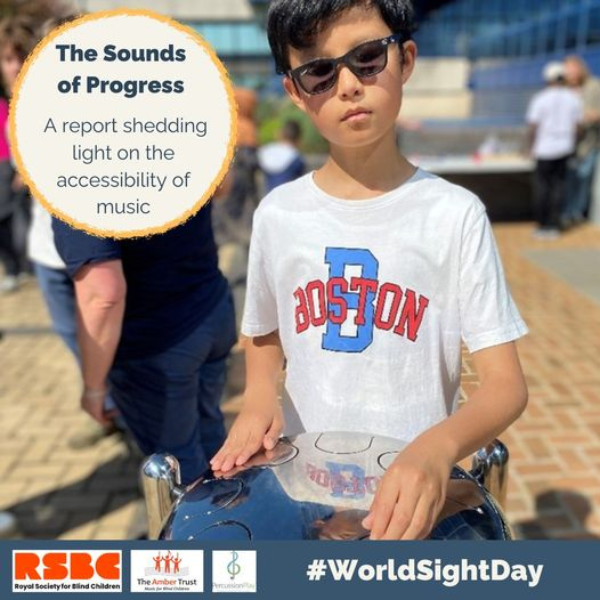Exploring the Benefits: 5 Key Reasons Why Music Education Is Crucial for Personal and Academic Growth
Music education is a crucial part of general education that is often overlooked in today's curriculum. However, many studies have shown the unique benefits of including music in every child's education. Let's explore why music education is not just another subject but an essential tool for overall development.
- The Academic Edge Engaging children in music education has a significant impact on their academic achievements. Scientific research supports the idea that children exposed to music, either through listening or playing an instrument, consistently outperform their peers who lack such exposure. The discipline, focus, and cognitive skills developed through musical education lead to better performance across all subjects, not just the arts.
- A Conduit for Comprehensive Learning Music's relevance extends beyond its domain, serving as a bridge to understanding complex concepts in mathematics, science, reading, writing, and the performing arts. For example, rhythm and beat can clarify mathematical patterns and fractions, while the physics of sound offers a practical exploration of scientific principles. Through music, students can experience a hands-on, interdisciplinary approach that enriches their understanding and fosters a love for learning across subjects.
- Facilitating Diverse Learning Styles It is widely acknowledged that children have diverse learning styles, and music education is excellent at accommodating this diversity. Traditional learning modes can be challenging for some students, but music offers an alternative path. It allows them to express themselves, engage creatively, and build competence in a way that traditional classroom settings may not always provide. This not only helps in their academic growth but also enhances their self-confidence and motivation.
- Music as the Universal Language The universal appeal of music makes it a powerful tool for cultural connection and understanding. Through music, children learn about and appreciate the richness of the world's cultures, fostering empathy and global awareness. Music transcends linguistic barriers, allowing students to experience and connect with narratives and emotions from diverse corners of the globe.
- The Joy Factor Finally, and possibly most importantly, music brings joy. Playing an instrument or participating in musical activities provides a unique and profound form of stress relief. The emotional release and satisfaction gained from creating music can be a source of comfort and help counterbalance academic life pressures. The joy that comes from music is not just a way to relax but also a reason to celebrate life's simple pleasures.
The case for including music education in the general curriculum is strong and diverse. It not only improves academic performance and encourages interdisciplinary learning but also promotes personal expression, cultural awareness, and pure joy. Educators, policymakers, and communities need to recognize and act on the importance of music education. By making it an integral part of every child's learning journey, we can enhance their educational experiences and develop well-rounded, empathetic individuals ready to navigate an increasingly complex world.


